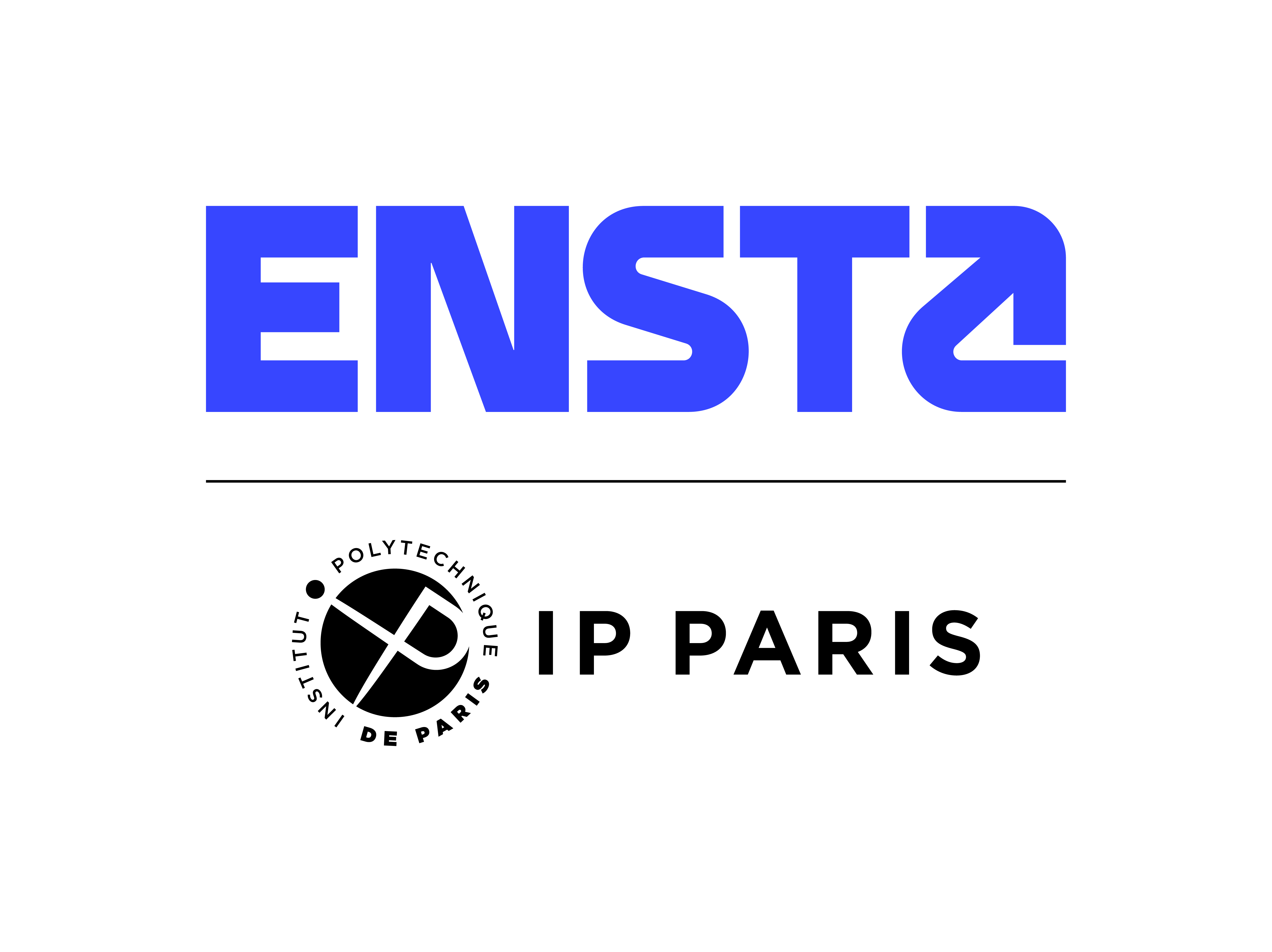Detailed presentation of the programme
Breakdown by modules and sections - Breakdown by hours and ECTS
"Naval hydrodynamics" module
- Theoretical basis of naval hydrodynamics
- Digital naval hydrodynamics
- Experimental naval hydrodynamics
- Seakeeping
- Propulsion and Manoeuvrability
- Fluid-structure interactions for offshore structures
"Structures in the project loop" module
- Digital modelling of structures
- Resistance and fatigue of an offshore structure
- Probabilistic design of structures
- Sizing of structures in naval architecture
“Offshore energy resources” module
- Oceanic Petroleum Engineering 1
- Oceanic Petroleum Engineering 2
- Renewable marine energies
"Energy management and security" module
- Safety of naval systems
- Power generation system and marine propulsion system
“Marine engineering projects” module
- System approach of a maritime project
- Marine engineering project management
- Computer Aided Design
Non-module courses
- The marine environment
- Economics, law and strategy of the sea
- Athens Week (including wind propulsion)
Core curriculum and options
The lessons are divided between a core curriculum and two options: "Maritime transport system" and: “Offshore resources engineering”. The distribution between the core curriculum and the options is as follows:
|
Core curriculum |
|
|
Courses |
ECTS |
|
The marine environment |
0.5 |
|
Theoretical basis of naval hydrodynamics |
3 |
|
Digital naval hydrodynamics |
1 |
|
Experimental naval hydrodynamics |
1 |
|
Seakeeping |
2 |
|
Digital modelling of structures |
5 |
|
Resistance and fatigue of an offshore structure |
1 |
|
Probabilistic design of structures |
2 |
|
Oceanic Petroleum Engineering 1 |
2 |
|
System approach of a maritime project |
5 |
|
Marine engineering project management |
1 |
|
Economics, law and strategy of the sea |
1 |
|
Safety of naval systems |
1.5 |
|
Sizing of structures in naval architecture |
1 |
|
Autonomous project |
6 |
|
TOTAL |
33 |
|
Option: maritime transport systems |
|
|
Courses |
ECTS |
|
Propulsion and manoeuvrability |
2 |
|
Wind propulsion |
2 |
|
Power generation system and marine propulsion system |
2 |
|
Computer Aided Design |
4 |
|
Lectures |
2 |
|
TOTAL |
12 |
|
Option: Offshore resources engineering |
|
|
Courses |
ECTS |
|
Fluid-structure interactions for offshore structures |
2 |
|
Oceanic Petroleum Engineering 2 |
2 |
|
Renewable marine energies |
4 |
|
Athens week (elective course) |
2 |
|
Lectures |
2 |
|
TOTAL |
12 |
H2
Internships
Business visits
During the course, one week is dedicated to visiting businesses in the maritime sector. In the programme: site visits, workshops, conferences, discussions with business representatives.
End of studies internship
The business internship, lasting 6 months, allows the student to validate the achievements of the first seven months of the training, which are based on their previous knowledge (initial education and/or professional experience). The person in charge of the course ensures that the subjects of the internship actually fall within the domain of Maritime Engineering, that the expected objectives of the internship are clearly identified as well as the various stages of its execution. It is sanctioned by the drafting of a professional thesis and a defence before a panel.
An interim report is to be submitted 3 months after the start of the internship. The final thesis must be submitted to the members of the panel at the latest one week before the defence, which takes place at the latest one month following the end of the internship.

